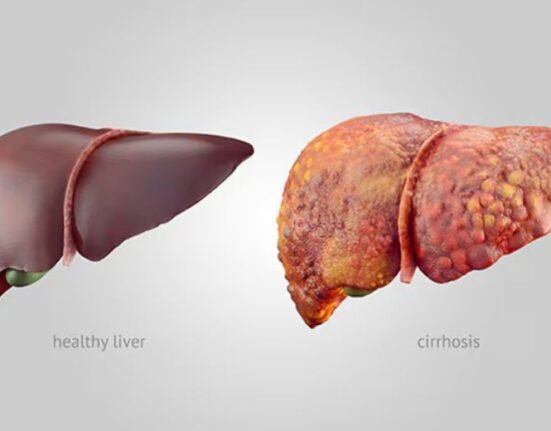HQ Team
February 1, 2025: A nine-hour film titled Don’t Look Down, released recently, addresses the problem of smartphone addiction among pre-teens and teenagers.
Produced by MullenLowe MENA and UAE-based organization Fixby, the film mirrors the average daily screen time of UAE youth—9 hours and 18 minutes. The marathon film forces viewers to confront the mental health risks of endless scrolling, backed by alarming data: 28% of Emirati youth show signs of smartphone dependency, with links to anxiety, depression, and social isolation.
Don’t Look Down’s grueling nine-hour runtime mimics the addictive “doomscrolling” cycle, weaving in stark statistics and testimonials. The film explains how platforms like TikTok—used by 95% of UAE teens—leverage algorithms to keep young users engaged late into the night, often at the cost of real-world connections.
Recent studies reveal 80% of UAE students spend over seven hours daily online, with 84% glued to their phones for similar durations. These figures eclipse global averages: A 2023 Common Sense Media report found U.S. teens average 7 hours and 22 minutes daily on screens, while the UAE’s 9h18m reflects one of the world’s highest rates.
Dr. Alison Burrows, a screen time expert cited in the film, notes that 65% of UAE parents believe their children are overconnected, with YouTube and Snapchat dominating usage.
At its premiere screening, a panel discussion made up of policymakers and educators shared attention deficit among students and getting them to concentrate on tasks at hand. Another important lacuna discussed was the lack of empathy. There is no real-life interaction or connection; hence, children are not learning to connect and empathize.
Success stories too were shared of device-free zones. “Students are more present, empathetic, and academically engaged.”
Solutions and community action
Fixby, a sponsor of the film, has partnered with 30+ UAE schools to promote its lockable phone pouches to curb classroom distractions. “Our goal is to rebuild focus and human interaction,” said Fixby managing director Daniel Herbert.
Dr. Burrows emphasized that excessive screen time disrupts sleep, emotional regulation, and academic performance. “71% of parents support phone-free schools, and 86% fear technology’s long-term harm,” she said, advocating for delayed social media access. Internal TikTok data, leaked in 2022, already revealed the app’s “dopamine-driven” design hooks teens, with 1 in 6 under-14 users browsing compulsively.
The panel also addressed systemic change. “Digital literacy shouldn’t mean unchecked access,” propagated one. Meanwhile, Fixby urges tech companies to redesign algorithms targeting minors, echoing global movements like the U.S. Surgeon General’s 2023 call for social media warning labels.
Some practical steps
- Delay smartphones: Opt for basic phones until age 16.
- Use lockable pouches: Fixby’s tools reduce temptation during study/sleep.
- Model behavior: Parents must curb their own screen habits.
- The World Health Organization recommends ZERO screen time for children under 1 and <1 hour daily for those aged 2–4.
- France banned phones in schools for under-15s in 2018, citing improved academic performance.
Don’t Look Down transcends cinema, and hopefully will act as a catalyst for cultural change. As the UAE grapples with a 22% year-on-year rise in child mental health cases linked to screens (film statistic), the film challenges families, schools, and tech giants to prioritize well-being over engagement metrics. “This isn’t about banning technology,” the film stressed. “It’s about reclaiming childhood.”








